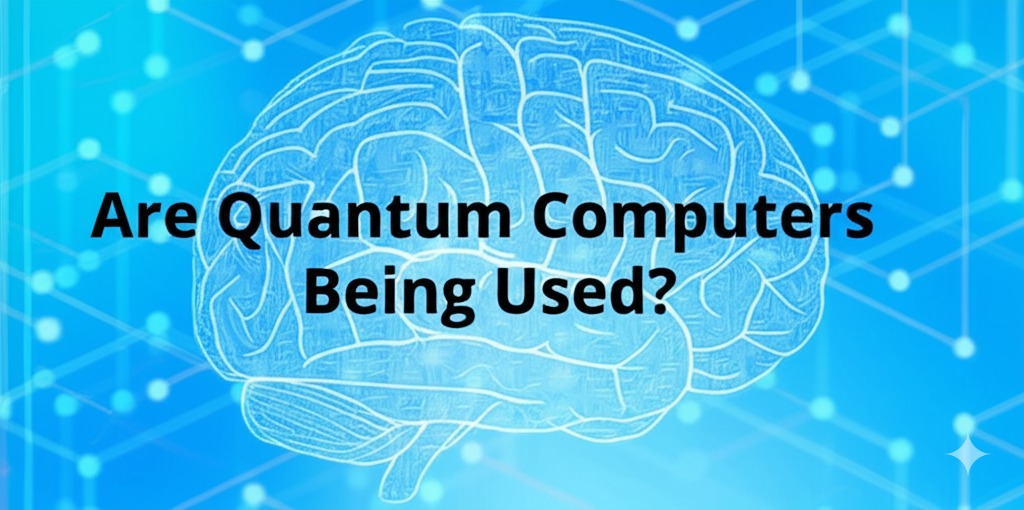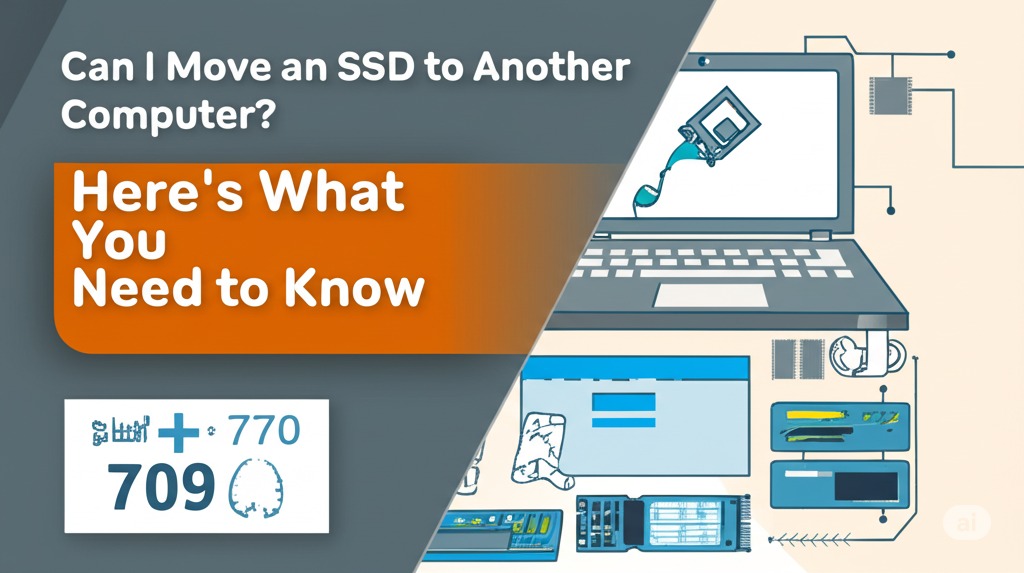Exploring the Reality of Quantum Computing in Today’s World
Quantum computers sound like something straight out of a sci-fi movie—machines that harness the strange powers of quantum physics to solve problems conventional computers could only dream of. But with all the buzz surrounding them, many people are left wondering: are quantum computers actually being used today, or are they still just a futuristic concept?
In this article, we’ll break down where quantum computing stands right now, how it’s being used (if at all), and what industries are exploring its mind-bending potential.
What Are Quantum Computers, and Why Do They Matter?
Before diving into their real-world use, it’s helpful to understand what makes quantum computers different from classical ones.
The Basics of Quantum Computing
At the core of quantum computing are qubits—quantum bits that, unlike classical bits, can exist in multiple states at once (thanks to a property called superposition). They also leverage entanglement, another quantum phenomenon that allows qubits to be connected in ways that dramatically boost computational power.
In simple terms, quantum computers can process complex data and run simulations far faster than traditional machines, especially for specific types of problems.
Potential Game-Changers
Quantum computing holds promise for breakthroughs in:
- Cryptography
- Drug discovery and healthcare
- Climate modeling
- Supply chain optimization
- Artificial intelligence
But the big question remains…
Are Quantum Computers Being Used Today?
Yes—but with some caveats.
Quantum Computers Are Still in the Early Stages
While quantum computers do exist, they’re not yet powerful or reliable enough for most real-world applications. Most of them are still experimental and operate in highly controlled lab environments.
They’re also subject to issues like:
- Quantum decoherence (loss of quantum information)
- Error rates that make long computations unreliable
- Scaling challenges (more qubits ≠ better performance, unless well managed)
That said, there are ways quantum computers are being used—or at least tested and explored—today.
Current Applications of Quantum Computers
1. Research and Development
Universities, tech giants, and governments are heavily investing in quantum research. These efforts focus on both hardware (building better qubits) and software (developing quantum algorithms).
Some notable contributors:
- IBM Quantum: Offers cloud-based access to quantum processors for developers and researchers.
- Google: Claimed “quantum supremacy” in 2019 by performing a task a classical computer would take thousands of years to complete.
- Microsoft and Amazon: Both offer quantum services via the cloud for experimentation.
2. Quantum Simulations
One promising early application is quantum simulation—using quantum computers to model molecules and materials at the quantum level. This has huge implications for:
- Drug development (e.g., simulating protein folding)
- Material science (e.g., superconductors and batteries)
For instance, biotech companies like Roche and Biogen are partnering with quantum firms like D-Wave and Quantinuum to explore future drug discovery pipelines.
3. Optimization Problems
Quantum computers are starting to be tested on optimization problems in fields like:
- Logistics and supply chains
- Traffic flow management
- Portfolio optimization in finance
These problems are ideal for quantum annealing (a specific type of quantum computing), which companies like D-Wave specialize in.
4. Quantum Cloud Computing
Several companies are now offering quantum computing as a service (QCaaS) via the cloud. These platforms allow businesses, researchers, and even curious developers to run quantum experiments without owning a quantum computer.
Popular platforms include:
- IBM Quantum Experience
- Amazon Braket
- Microsoft Azure Quantum
These tools are fostering innovation and education, helping more people get hands-on with quantum development.
Which Industries Are Exploring Quantum Computing?
While no industry is fully dependent on quantum yet, several are laying the groundwork for future use:
Healthcare
- Simulating molecules for faster drug discovery
- Personalizing medicine through genomic data modeling
Finance
- Risk analysis and portfolio optimization
- Speeding up complex transactions and market simulations
Energy
- Optimizing energy grids
- Designing more efficient batteries and solar panels
Manufacturing and Logistics
- Improving supply chain logistics
- Enhancing automation and predictive maintenance
Cybersecurity
- Testing quantum-safe encryption algorithms
- Preparing for a post-quantum cryptography era
Challenges That Still Remain
Even with these exciting developments, quantum computing is not yet mainstream. Major hurdles include:
- Hardware limitations
- High costs and infrastructure needs (extreme cooling, vacuum systems)
- Lack of quantum programming talent
- Long development timelines
As a result, most current uses are exploratory, not commercial.
What’s the Future of Quantum Computing?
While we’re not there yet, many experts believe the next 5–10 years could bring significant advances. Companies are racing to build fault-tolerant quantum computers that can run long, accurate computations—something current machines can’t yet do.
In the meantime, businesses and developers should:
- Start learning about quantum principles
- Experiment with quantum platforms
- Prepare for hybrid quantum-classical systems
Conclusion: Are Quantum Computers Being Used?
Yes, but in limited, experimental ways.
Quantum computers are not yet a part of everyday business or consumer life—but they’re already reshaping how we think about solving the world’s toughest problems.
As technology improves, their influence will grow rapidly. If you’re in tech, research, or innovation-driven industries, now’s the time to start paying attention.

Caleb Carlson is a contributing writer at Computer Site Engineering, specializing in computer technology, software trends, and hardware innovations. His articles simplify complex tech topics, making them accessible to readers of all levels.





